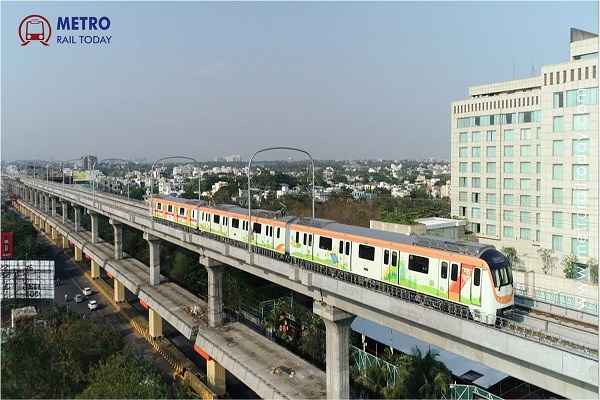 EIB approves €289.5 million loan for expansion of Nagpur and Pune Metro Rail Projects
EIB approves €289.5 million loan for expansion of Nagpur and Pune Metro Rail Projects India is building Largest Railway Station in Amaravati - Know all about
India is building Largest Railway Station in Amaravati - Know all about Kineco and BEML forge strategic partnership to strengthen indigenous composite manufacturing
Kineco and BEML forge strategic partnership to strengthen indigenous composite manufacturing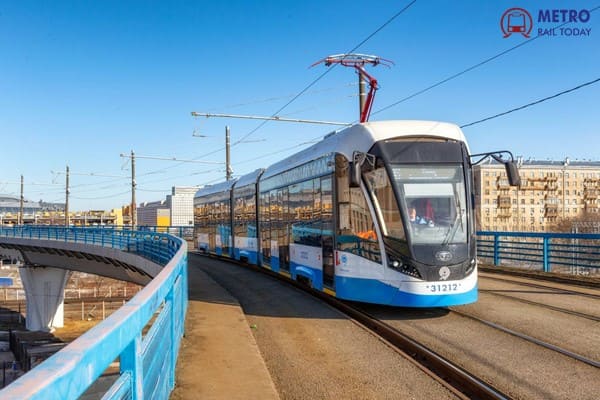 UN blacklists Spanish Trainmaker CAF over activities in Occupied Palestinian Territories
UN blacklists Spanish Trainmaker CAF over activities in Occupied Palestinian Territories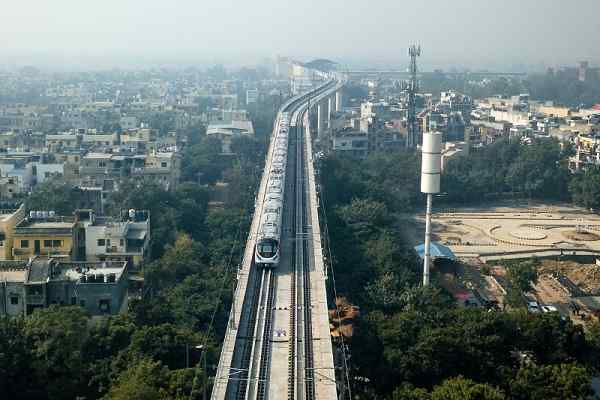 Prayagraj to get full-fledged Metro System, replacing the Metrolite Plan
Prayagraj to get full-fledged Metro System, replacing the Metrolite Plan Sensonic & Skylark Drones Join Hands to Revolutionize Rail Infrastructure Monitoring
Sensonic & Skylark Drones Join Hands to Revolutionize Rail Infrastructure Monitoring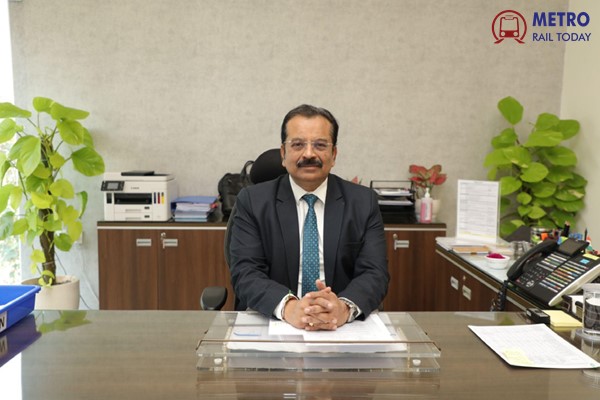 Namo Bharat: Driving India’s Transit Revolution with Sustainability and Seamless Connectivity
Namo Bharat: Driving India’s Transit Revolution with Sustainability and Seamless Connectivity RVNL - The Silent Engine Driving India’s Rail Infrastructure Boom
RVNL - The Silent Engine Driving India’s Rail Infrastructure Boom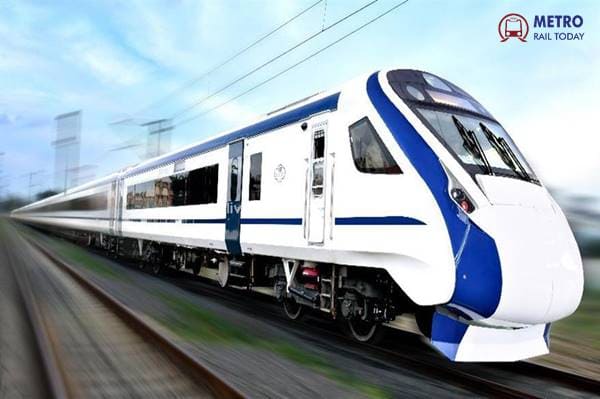 India to introduce 800 Vande Bharat Trains to redefine the future of Indian Railways by 2030
India to introduce 800 Vande Bharat Trains to redefine the future of Indian Railways by 2030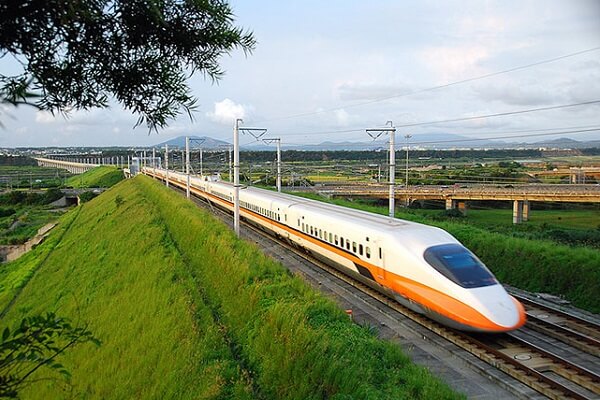 Indian Railways to develop 7,000 km of dedicated Passenger Corridors by 2047
Indian Railways to develop 7,000 km of dedicated Passenger Corridors by 2047
How is Make in India helping India to become self-reliant in Rail & Metro sectors?
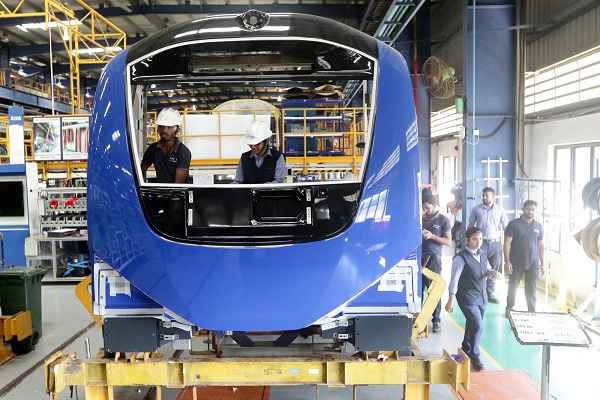
The "Make in India" initiative is a campaign launched by the Government of India in September 2014 with the aim of transforming India into a global manufacturing hub. It seeks to promote domestic manufacturing, attract foreign direct investment (FDI), and facilitate the development of a robust industrial ecosystem in the country. The initiative focuses on various sectors, including manufacturing, infrastructure, textiles, automobiles, aviation, electronics, and railways, among others.
Key objectives of the Make in India initiative include:
1. Boosting Manufacturing: The initiative aims to increase the share of manufacturing in India's GDP, generate employment opportunities, and promote economic growth.
2. Ease of Doing Business: Make in India emphasizes improving the ease of doing business in India by simplifying regulatory processes, reducing bureaucracy, and creating a business-friendly environment.
3. Attracting Foreign Investment: The initiative seeks to attract foreign companies and investment into India by showcasing the country's potential as a manufacturing and investment destination. It aims to create a favorable investment climate through policy reforms and incentives.
4. Skill Development: Make in India recognizes the importance of skill development to support manufacturing growth. The initiative focuses on enhancing the skill sets of the workforce to meet industry requirements and foster innovation and productivity.
5. Infrastructure Development: The initiative emphasizes the development of world-class infrastructure, such as industrial corridors, transportation networks, logistics hubs, and smart cities, to support manufacturing activities.
6. Intellectual Property Rights: Make in India aims to strengthen intellectual property rights protection in the country, providing a conducive environment for innovation, research, and development.
7. Sector-specific Policies: The initiative tailors policies and reforms to address the specific needs and challenges of different sectors, promoting their growth and competitiveness.
Make in India has had a significant impact on India's manufacturing landscape, attracting foreign investment, promoting domestic manufacturing capabilities, and creating employment opportunities. It has facilitated the growth of several industries, increased manufacturing output, and contributed to the country's economic development.
The "Make in India" initiative plays a crucial role in helping India become self-reliant in the railway sector. Here are several ways in which the initiative contributes to this goal:
1. Domestic Manufacturing: "Make in India" promotes domestic manufacturing by encouraging both domestic and foreign companies to establish manufacturing facilities within India. This is beneficial for the railway sector as it reduces dependency on imported equipment and promotes the production of essential railway components and infrastructure within the country.
2. Technology Transfer: The initiative focuses on attracting foreign direct investment (FDI) and technology transfer. This facilitates the transfer of advanced technologies and expertise to Indian companies, enabling them to develop and manufacture cutting-edge railway equipment, rolling stock, signaling systems, and other critical components domestically.
3. Job Creation: The "Make in India" mission aims to boost employment opportunities within the country. By promoting domestic manufacturing in the railway sector, it leads to the establishment of manufacturing units, which in turn creates jobs for skilled and unskilled workers. This not only helps in reducing unemployment but also contributes to the overall economic growth of the country.
4. Cost Optimization: Manufacturing railway components and infrastructure domestically can help reduce costs associated with imports, including transportation, import duties, and currency exchange. This can result in more cost-effective solutions for the Indian Railways, making it economically viable to expand and upgrade the railway network.
5. Indigenous Innovation: The "Make in India" initiative encourages innovation and research and development (R&D) within the country. By fostering an environment of innovation, Indian companies are motivated to develop new and advanced technologies specifically tailored to the needs of the Indian railway sector. This enables the development of indigenous solutions that cater to the unique requirements of Indian railways.
6. Boost to Ancillary Industries: The development of a robust railway manufacturing ecosystem in India creates opportunities for the growth of ancillary industries. Companies involved in supplying raw materials, components, and support services to the railway sector experience a significant boost. This leads to the overall development of the industrial ecosystem and contributes to the self-reliance of the railway sector.
By promoting domestic manufacturing, technology transfer, job creation, cost optimization, indigenous innovation, and the growth of ancillary industries, the "Make in India" mission facilitates India's journey towards self-reliance in the railway sector. It enables the country to reduce its dependence on imports, enhance its manufacturing capabilities, and strengthen its overall railway infrastructure and operations.




